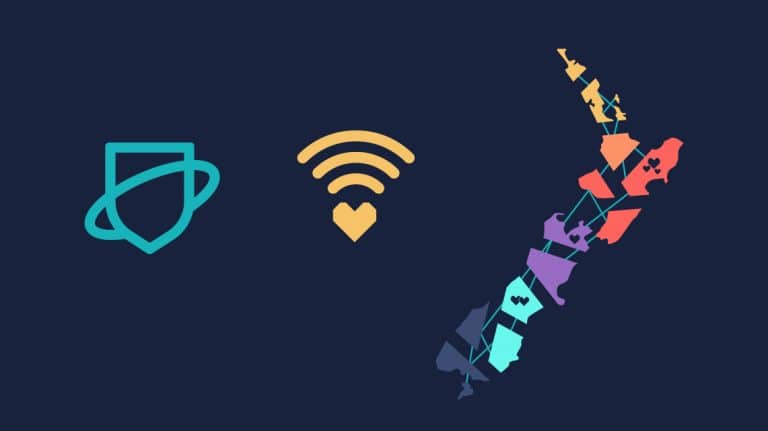Tax Scams
Tax scams spike during important dates in the tax calendar. Find out more about common tax scams such as refund emails and overdue tax calls now. When does tax scams peak? Netsafe receives an increased number of scam reports about tax year-round, although these reports often spike around important dates in the tax calendar. This includes dates…

Tax scams spike during important dates in the tax calendar. Find out more about common tax scams such as refund emails and overdue tax calls now.
When does tax scams peak?
Netsafe receives an increased number of scam reports about tax year-round, although these reports often spike around important dates in the tax calendar. This includes dates in:
- March – April as it’s the end and beginning of the tax year
- May – July as this is when individual tax refunds are usually available
These scams will almost always impersonate Inland Revenue (IRD) and may use their logo and branding.
Emails offering a tax refund
The most common tax-related scam Netsafe receives reports about is phishing emails impersonating IRD and offering tax refunds. IRD now automates the tax assessment process for most individuals. You’ll usually get an email once the assessment is ready, ask you to confirm the details, confirm the refund/amount due, or provide specific information if the assessment is incomplete. Some signs you can use to check these emails’ authenticity include:
- IRD will never include the actual amount for your refund in the body of the email – you will need to go on to IRD’s website to find this
- All emails from IRD will come from an email address ending with @ird.govt.nz
- If you are still unsure, you can log in to your account from IRD’s website, rather than any links in the email, to check what actions you might need to take around your tax refund
You can view some of the latest tax refund scams on IRD’s website. As well as marking these emails as junk, you can also report them to IRD by forwarding to [email protected].
Phone calls about overdue tax
Another common scam reported to Netsafe involves phone calls claiming an investigation – or even a warrant for arrest – has commenced because of overdue taxes. These phone calls usually impersonate IRD, although the scammers may also claim they are police. They will try to frighten you into sharing sensitive personal information, such as your driver’s licence number, which could later be used for identity theft. Many of the scams will ask you to purchase gift cards from a nearby store and share the serial number over the phone to repay the overdue tax.
If you are unsure whether a call from IRD is legitimate, you should ask the caller their name and number and then call IRD to confirm the contact was legitimate. The scam calls may show up from a New Zealand number even if it is made from overseas. There are several technologies scammers can use to disguise their number and origin. If you get multiple calls from the same phone number, you may be able to make a complaint to your telecommunication provider.
If you’ve shared personal details in a tax-related scam
- Contact IDCare – IDCare is a free, specialist support service for anyone in New Zealand who has been a victim of or is at risk of identity theft.
- If you’ve shared financial details, contact your bank immediately. If you’ve shared credit or debit card details, you will need to replace your cards.
- You can replace your drivers’ license directly, as well as finding a list of driver licensing agents, through NZTA’s website.
REPORT A SCAM
Netsafe can’t open investigations or track scammers, but we do offer advice for people who have lost money in a scam or think they are about to. You can report a scam at www.netsafe.org.nz/report.
KEEP UP TO DATE
Follow us on social media and sign up to our enewsletter for alerts, news and tips.


![]()





